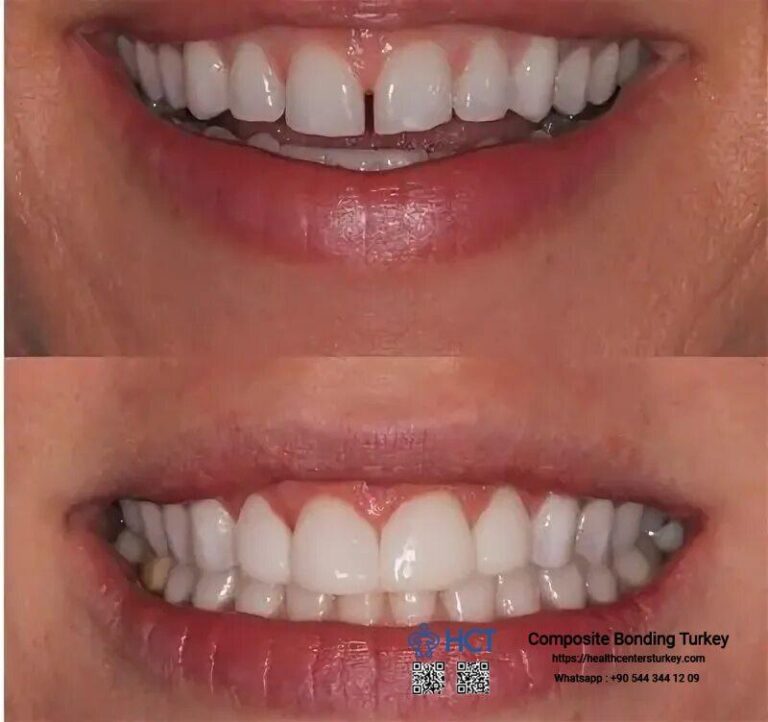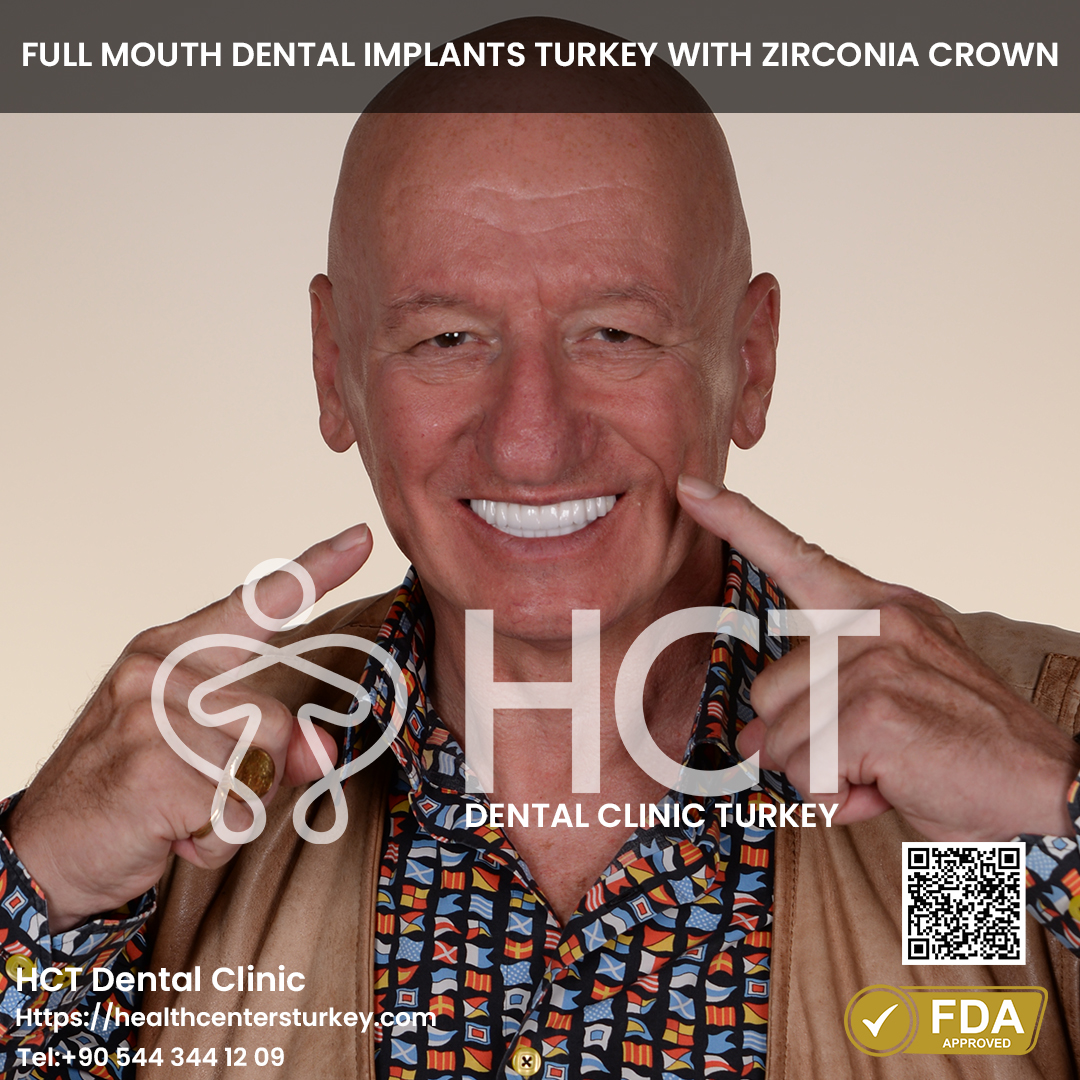Expertise in Cosmetic Dentistry at Affordable Rates

Dental implants have become a focus in modern dentistry, providing a reliable resolution for those going through tooth loss. Among the a number of advantages they provide, one significant facet worth considering is their impression on adjacent teeth. Understanding how dental implants have an effect on surrounding teeth aids in making knowledgeable selections about oral health.
When a tooth is misplaced, neighboring teeth can easily shift towards the house left behind. This motion can result in misalignment, which compromises the overall chew and performance of the mouth. Dental implants mimic natural tooth roots, thereby maintaining the place of adjacent teeth.
Tailored Oral Health Care Plans available for Every Patient in Turkey
The stability offered by an implant is essential, as it helps in preserving not simply the bodily alignment but also the structural integrity of the jawbone. When a tooth is missing, the underlying bone can begin to deteriorate due to lack of stimulation. An implant exerts strain on the bone throughout chewing, much like a natural tooth, which promotes bone health.
In some instances, a bridge or partial denture may be considered as an alternative to implants. While these choices may restore some performance, they'll place additional stress on neighboring teeth. Bridges usually require filing down the encircling teeth to accommodate the anchors, thereby affecting their health over time. Dental implants, on the other hand, do not alter present teeth, making them a extra conservative alternative.
Your Guide to Travel for Dental Care within Turkey
Hygiene turns into one other critical factor when contemplating adjacent teeth within the context of implants. With dental implants, the person can maintain a daily hygiene routine much like natural teeth. Flossing and brushing across the implant are straightforward, ensuring that the gum tissue remains healthy and minimizing the danger of gum disease that might adversely affect adjacent teeth.
Moreover, the materials used in dental implants are biocompatible. This means they are designed to integrate properly with the body, lowering the possibilities of an opposed response. This attribute not only makes the implant safe but also protects nearby teeth from potential issues that could come up due to contamination or infection.
In phrases of aesthetics, dental implants provide a natural feel and appear, closely resembling original teeth. Adjacent teeth profit from this aesthetic appeal as nicely. When an implant is placed, the surrounding gum tissue can be shaped to imitate natural contours, thereby enhancing the general appearance of the smile. This aesthetic issue can encourage people to spend cash on their oral care routines, benefiting both the implants and adjacent teeth in the long run.
Best Practices for Finding Quality Dental Care in Antalya
Another concern is the potential for gum disease, which may have an result on the health of adjacent teeth. Gum disease can happen when plaque builds up round teeth and implants. Regular dental visits and applicable oral hygiene can mitigate this concern. The presence of implants also can function a motivator for better dental hygiene practices, as people turn out to be more conscious of maintaining their total mouth health.
Studies have proven that dental implants can contribute to a major enchancment in quality of life. Patients typically experience increased confidence and are much less hesitant to smile or have interaction in social interactions. A wholesome and well-maintained smile not directly promotes better care for adjacent teeth, as people are probably to turn into extra aware of their overall oral hygiene.
One often-overlooked aspect is the psychological impression of dental implants on sufferers. Knowing that implants supply long-term solutions can ease the anxiousness related to tooth loss. With fewer worries about future tooth shifts, patients are more probably to invest time and effort into caring for his or her teeth, which incorporates adjacent teeth.
In conclusion, dental implants function more than only a answer for missing teeth; they play a pivotal role in sustaining the health and integrity of adjacent teeth. From preventing misalignment to promoting gum health and enhancing aesthetics, the advantages are manifold. By opting for implants, people can not solely restore functionality but additionally foster a healthier oral setting for surrounding teeth. The psychological and aesthetic benefits further contribute to an general enhanced quality of life.
Unlock the Potential of Dental Packages in Turkey
In the long term, understanding how dental implants have an result on adjacent teeth can guide people in making empowered choices relating to their dental health. The integration of these implants into the mouth acts as a stabilizing pressure, safeguarding both the physical alignment and performance of neighboring teeth, while selling a long-lasting, healthy smile.
- Dental implants usually do not exert strain on adjacent teeth, sustaining their integrity and decreasing the chance of shifting or misalignment.
- The placement of an implant often encourages higher oral hygiene habits, positively influencing the health of adjacent teeth through improved cleaning practices.
Embrace Your Dental Transformation in Turkey
- In some cases, dental implants can stimulate the encompassing bone, which helps protect the natural teeth's position and total dental structure.

- The gap left by missing teeth can result in bone loss; dental implants can prevent this, thereby defending adjacent teeth from potential problems.
- Save Big on Dental Treatments in Turkey
Explore Comprehensive Dental Treatments in Turkey
- By restoring the operate of a missing tooth, implants assist distribute chew forces evenly, reducing put on and stress on neighboring teeth.

- Properly placed dental implants can act as a assist structure, preventing undesirable movement of adjacent teeth resulting from tooth loss.
- The presence of an implant could enhance the aesthetic appearance of surrounding teeth by filling in gaps and supporting facial structure.
Affordable Smile Makeovers found in Turkey
- Dental implants remove the necessity for adjacent teeth alteration, in distinction to bridges, which require reshaping the close by teeth for assist.
- Implants additionally scale back the danger of gum disease in comparability with other tooth replacement options, indirectly benefiting adjacent teeth by promoting general oral health.
A Complete Guide to Dental Tourism to Turkey.
- Long-term success of dental implants is linked to the health of surrounding teeth, emphasizing the importance of regular dental check-ups and maintenance.
How do dental implants have an effect on adjacent teeth?
Top-Quality Oral Care Procedures for Tourists in Turkey
What are dental implants and the way do they work with adjacent teeth?undefinedDental implants are synthetic tooth roots positioned into the jawbone to help replacement teeth. They don’t have an effect on adjacent teeth directly, as they're impartial constructions. Instead, they may help keep the integrity of surrounding teeth by preventing bone loss.
Can dental implants cause harm to adjacent teeth?undefinedIf placed correctly, dental implants mustn't hurt adjacent teeth. However, improper placement can result in issues like misalignment or strain, emphasizing the significance of selecting an experienced dental skilled.
Will dental implants promote bone growth around adjacent teeth?undefinedYes, dental implants assist stimulate the jawbone, which may encourage bone progress. This can benefit adjacent teeth by sustaining bone density and stability in the area.
Affordable Teeth Brightening Treatments to Enhance Your Smile
Should I fear about gum disease affecting adjacent teeth after getting an implant?undefinedGood oral hygiene is crucial after getting an implant. Gum disease can still affect adjacent teeth, however a properly maintained implant does not enhance that risk. Regular dental visits might help monitor and keep gum health.
What happens to adjacent teeth if I lose a dental implant?undefinedIf a dental implant linked here fails or is misplaced, adjacent teeth might shift as a result of changes in chew alignment and support structure. This may result in misalignment or additional tooth loss if not addressed.
Are there any special care necessities for adjacent teeth after getting implants?undefinedMaintaining good oral hygiene practices, including common brushing, flossing, and dental check-ups, is important for both dental implants and adjacent teeth to prevent decay and gum disease.
Receive World-Class Dental Care at Affordable Prices
Do dental implants help help adjacent teeth when chewing?undefinedAbsolutely. Implants can improve total chunk perform, which may alleviate stress on adjacent teeth throughout chewing. This can result in better distribution of forces, selling oral health.
How can I prevent problems with adjacent teeth and implants?undefinedConsistent dental care, including skilled cleanings and examinations, common brushing and flossing, and following your dentist’s aftercare instructions, are key to stopping problems.
Can adjacent teeth move if I have a dental implant?undefinedAdjacent teeth might move if they are not well-supported, especially after tooth loss. A dental implant helps keep the structure, lowering the danger of great site shifting teeth.